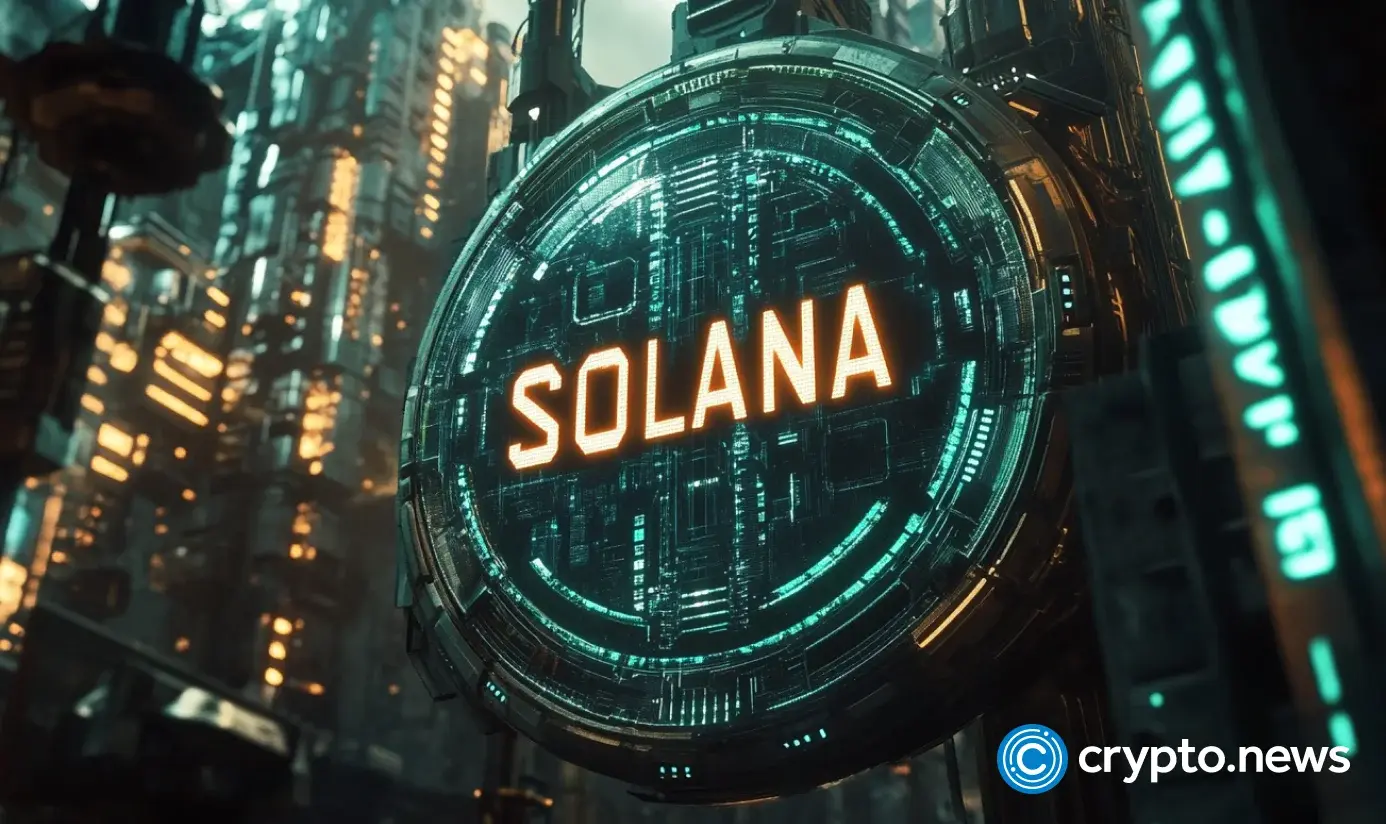Solana Validators Rally Behind Alpenglow Proposal: Faster Block Finality on the Horizon

Solana's validator community is making waves with a decisive vote on the Alpenglow proposal—aimed at slashing block finality times. Could this be the speed boost SOL needs to outpace Ethereum?
Why It Matters: Finality isn't just tech jargon—it's the difference between 'pending' and 'done' in blockchain transactions. Faster finality means sharper DeFi execution, happier NFT traders, and one less excuse for institutional FUD.
The Cynic's Take: Wall Street still thinks 'block time' is a prison term—meanwhile, Solana's validators are optimizing milliseconds while traditional finance settles trades over martini lunches.
How Alpenglow works
Developed by Anza, a Solana-focused research team, Alpenglow introduces direct voting, signature aggregation, and a Validator Admission Ticket fee to streamline participation and cut bandwidth costs. Validators will trade votes off-chain rather than on-chain, with cryptographic proof attesting to consensus.
The system is built around Votor, a lightweight voting protocol that finalizes blocks in one or two rounds depending on validator support. Blocks can be certified in a single round with at least 80% approval or in a second round with a 60% threshold. This design reduces network load by eliminating gossip-heavy traffic and formalizes safety guarantees absent under TowerBFT.
The proposal also introduces a fixed 1.6 SOL VAT per epoch, burned to offset inflation while preserving economic barriers to participation. This fee replaces direct vote transaction costs, with supporters arguing it reduces validator expenses by around 20%. Critics, however, warn it may raise entry barriers for smaller operators.
Alpenglow further adopts a “20+20” resilience model, allowing the network to stay live even with 20% adversarial validators and another 20% unresponsive. Future improvements include replacing Solana’s Turbine data propagation system with Rotor, a more efficient protocol that will require separate governance approval.
Debate and governance process
Community sentiment around Alpenglow is split between Optimism and caution. Its proponents emphasize how it can streamline validator operations, cut down on finality delays, and facilitate use cases like high-frequency trading and gaming that demand almost instantaneous confirmation. Validators such as Firedancer commended it for eliminating long-standing TowerBFT complications.
Testing, deployment risks, and economic effects are the main areas of concern. While some validators suggest tiered VAT models with stake size-based SOLs ranging from 0.5 to 5, others question how off-chain voting will manage Jito auction procedures without proof-of-history and transaction expirations.
Voting runs from epochs 833 to 842, with participation requiring a two-thirds majority of Yes over No votes and a quorum threshold of 33%, including abstentions. Results will determine whether solana proceeds with one of its most ambitious consensus overhauls to date.

